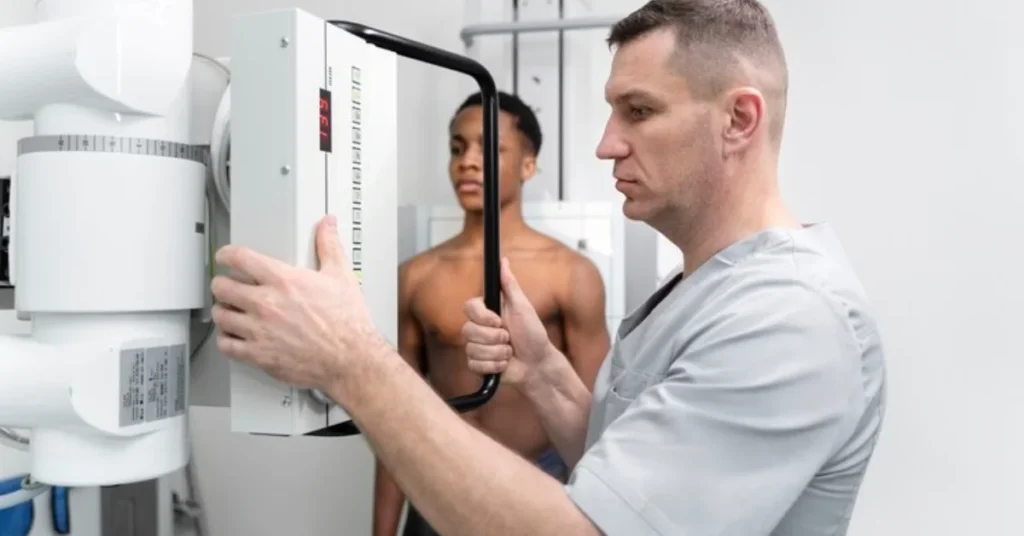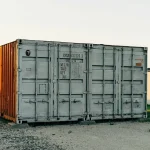The back boiler replacement grant is a crucial opportunity to upgrade your outdated heating system to more efficient alternatives like combi boilers. Many applicants, however, get turned down. In this blog, we will examine recurrent reasons why households might not qualify for these grants, in order for you to be able to get a better chance and understanding of steps you can take that can heighten your chances of being approved.
How Property Energy Efficiency Rating Can Affect Your Application:
The primary factors that are considered when assessing a back boiler replacement grant entitlement are your home’s energy efficiency rating. Generally, the grant excludes homes with an EPC rating of A, B, or C. The government prioritizes properties with poor energy efficiency, targeting those with an E, F, or G rating. This is done to target homes that would benefit most from energy efficiency improvements. Making sure you have an EPC report is important as it allows you to know from the beginning if you can be eligible for the free back boiler replacement grant. Having no EPC report will make the application rather complicated. However, a number of schemes provide for conducting an EPC assessment as part of the grant process. This helps homeowners who have never had the energy efficiency of their properties rated officially to be included.
Efficiency of Boiler:
The type and efficiency of your current boiler are vital in determining your qualification for a replacement grant.
Ø If you have a condensing boiler, you will not likely qualify for the grant. If it was installed post 2005, then they can be quite efficient, but by applying you can be able to better determine if this is true. The government’s focus is on the replacement of older, less efficient systems.
Ø Electric boilers are quite often not covered under these grant schemes. The reasons are not always very clear, but this might have to do with the fact that energy efficiency is treated differently for electric heating systems.
Income and Benefit Criteria
Financial situation is the major determinant that dictates the qualification for the free boiler replacement scheme. The Energy Company Obligation (ECO) provides grants to households with income that does not exceed £31,000 per annum. This ensures that the support provided targets lower-income families who may find it difficult to make such improvements by themselves. It can still be worth it to apply as other schemes like LA Flex scheme helps homeowners who need financial assistance and do not have adequate home energy efficiency.
Qualifying Benefits
Eligibility is sometimes based on whether a claimant is in receipt of specific state benefits. Benefits that are covered under the free back boiler replacement grant are:
– Income-Based Jobseekers Allowance (JSA)
– Income-Related Employment & Support Allowance (ESA)
– Income Support (IS)
– Pension Credit Guarantee Credit
– Working Tax Credit (WTC)
– Child Tax Credits (CTC)
– Universal Credit (UC)
– Housing Benefit
Som Important Aspects to Consider When Applying for Free Back Boiler Replacement Grant:
Many reasons can be behind the rejection of your application and they can include:
Those living in social housing will also be excluded from receiving these grants. Social housing can have in place other schemes or arrangements that they use in the maintenance and improvement of the heating systems of their properties.
The age and condition of your existing boiler are the criteria to qualify for these schemes.
Boilers that are under 10-15 years old might not be allowed in these schemes for replacement. The focus of the schemes is on the oldest and least-efficient systems. Back boilers remain important to replace as they are highly inefficient, and this age limit does not apply to them.
Some local authorities also have flexibility in how they implement these schemes. This means that eligibility criteria might vary slightly from one area to another.
It’s sometimes not the ineligibility that causes the rejection but problems with the application process itself. That is why using reliable energy grant companies like ECO Boilers Grant allows you to benefit from high standards of customer services that are offered and the team diligence that allows fast application approvals.
Homes in conservation areas or listed buildings will probably have restrictions on the type of heating systems that can be installed. This may complicate the grant application process or even lead to rejection. A reliable energy company can easily identify and make the application easier for you in this regard.
You might also become disqualified from a second grant if you have benefitted from one similar grant.
Households that have benefited from energy efficiency grants or boiler replacement schemes in recent years may not be eligible for further assistance.
The ECO4 Scheme
The ECO4 scheme is one of the most well-funded and popular schemes because it takes a whole house approach. While the free back boiler replacement grant can help you upgrade your boiler, the scheme can also help you upgrade your radiators and insulations to help make your home energy efficiency better. Older radiators might not work properly with new more efficient boilers which is why they might need replacement.
It will be very important to understand the common reasons for rejection in back boiler replacement grant applications for a homeowner who is considering taking advantage of the ECO4 scheme. While the criteria may be strict, they are put in place to make sure that the finite funds go to where they are most needed and will have the greatest effect on energy efficiency and carbon reduction. However, back boilers remain important when it comes to government priorities, and this is one of the reasons successful applications are popular amongst homeowners.
Conclusion
If you are ineligible for a boiler replacement scheme, do not lose hope. There might be other energy efficiency schemes or local initiatives that could help you upgrade your heating system. Always check with energy providers like ECO Boiler Grants for the most up-to-date information on available support.
Finally, while grant rejections can be disappointing, they often help ensure that public funds are spent where they can make the most significant difference in improving energy efficiency and reducing carbon emissions across the UK’s housing stock.







